Fully healthy mice have been born with test tube fertilization on Earth after the sperm had been stored for nine months on the International Space Station, ISS.
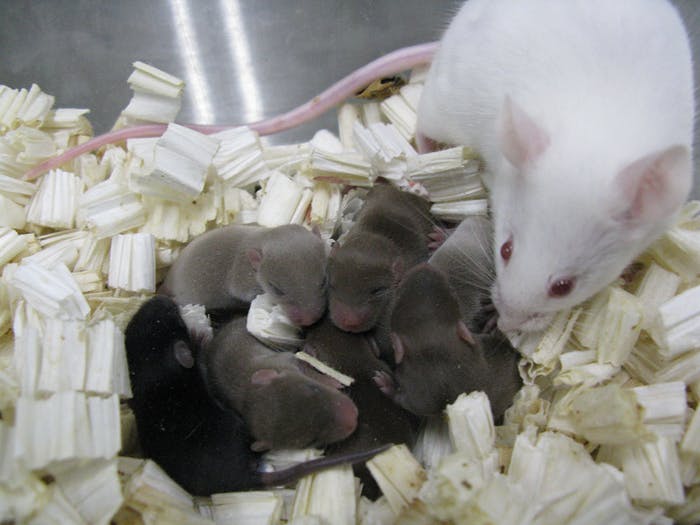
The ability to keep sperm in space is interesting given future long-term human space residence. There are even thoughts about having a sort of sperm bank on the moon in case a major disaster would hit the Earth.
However, the radiation in space can cause damage to DNA. We do not have a good idea how reproduction is affected by low-gravity and increased radiation. Therefore, researchers wanted to test how sperm from mice would cope with space.
Freeze-dried sperm cells from lab mice were sent to the ISS for nine months, where they were exposed to around 100 times the radiation they would have experienced during that time on Earth.
When the scientists got the samples back, they examined the cells for the DNA-damage you could expect to see after that level of radiation exposure.
The sperm had slightly elevated levels of DNA damage compared to the control group that remained on Earth, but when they impregnated female mice with these cells, the fertility rate was roughly equal to that of the Earth-bound control group, and the offspring were healthy.
Good news is that the sperm resulted in mice that were fully healthy and fertile, able to produce their own offspring, the US Academy of Sciences magazine reports.
Reference:
Sayaka Wakayama et al. Healthy offspring from freeze-dried mouse spermatozoa held on the International Space Station for 9 months. PNAS 22 May 2017. DOI: 10.1073 / pnas.1701425114

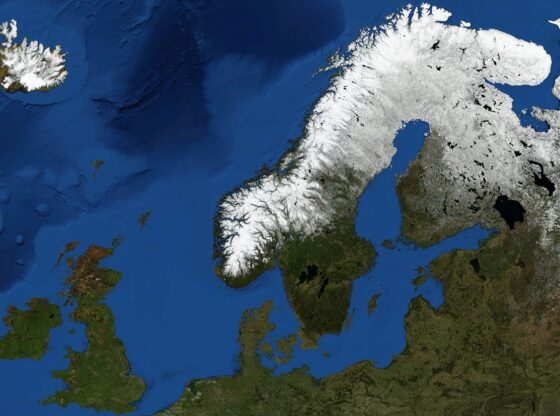
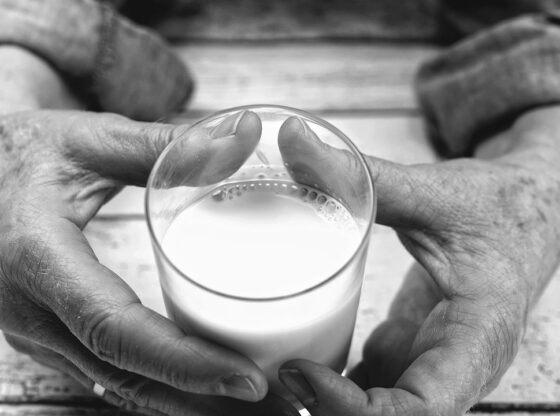

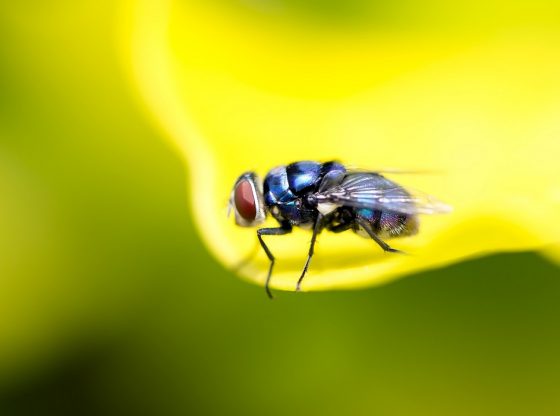

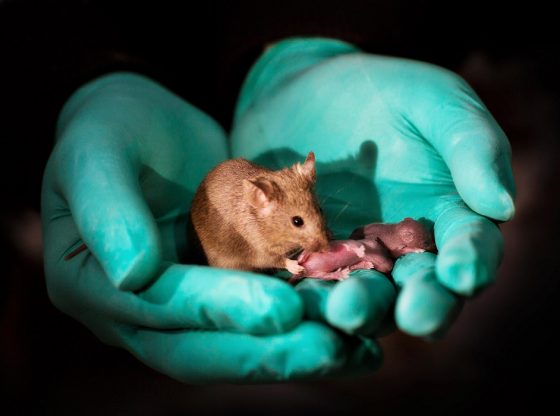
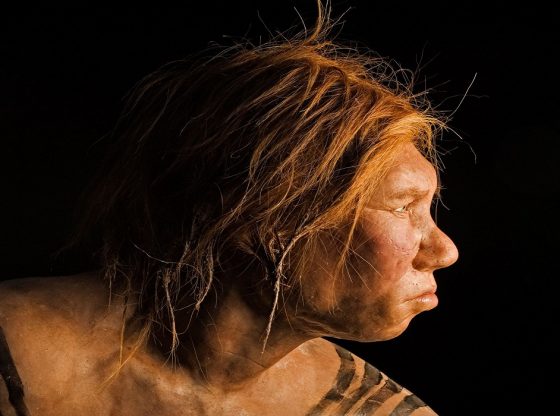
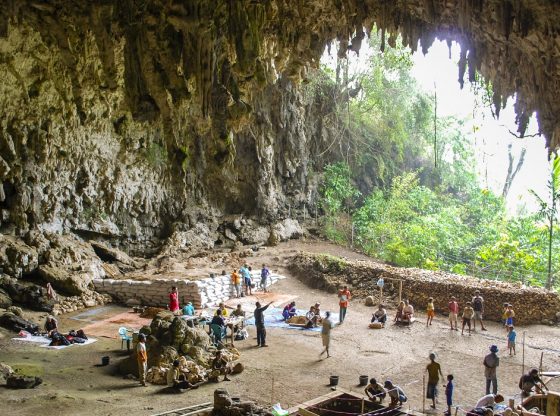
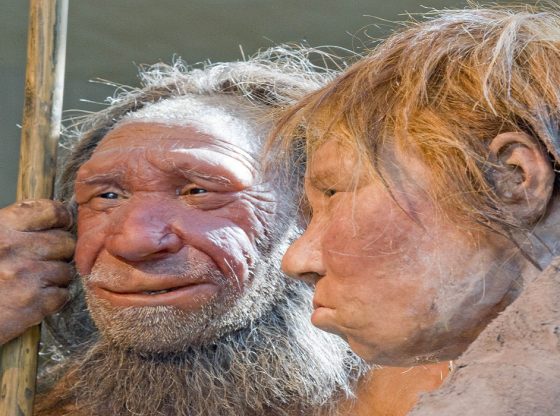

![OpenAI. (2025). ChatGPT [Large language model]. https://chatgpt.com](https://www.illustratedcuriosity.com/files/media/55136/b1b0b614-5b72-486c-901d-ff244549d67a-350x260.webp)
![OpenAI. (2025). ChatGPT [Large language model]. https://chatgpt.com](https://www.illustratedcuriosity.com/files/media/55124/79bc18fa-f616-4951-856f-cc724ad5d497-350x260.webp)
![OpenAI. (2025). ChatGPT [Large language model]. https://chatgpt.com](https://www.illustratedcuriosity.com/files/media/55099/2638a982-b4de-4913-8a1c-1479df352bf3-350x260.webp)








